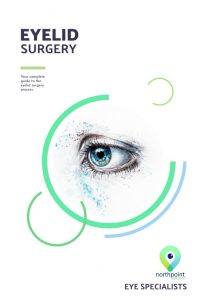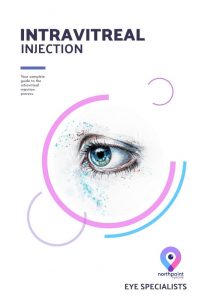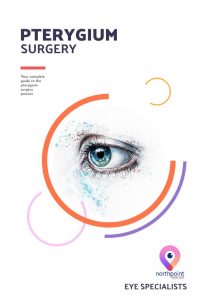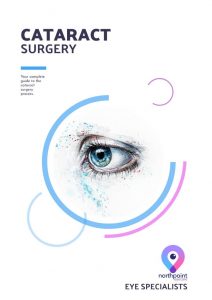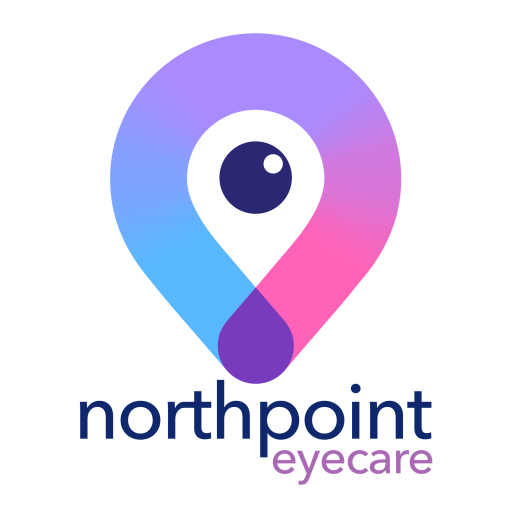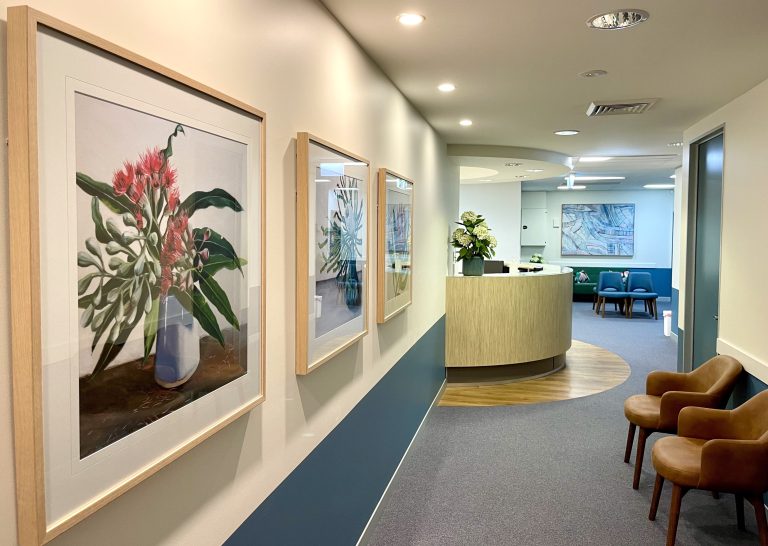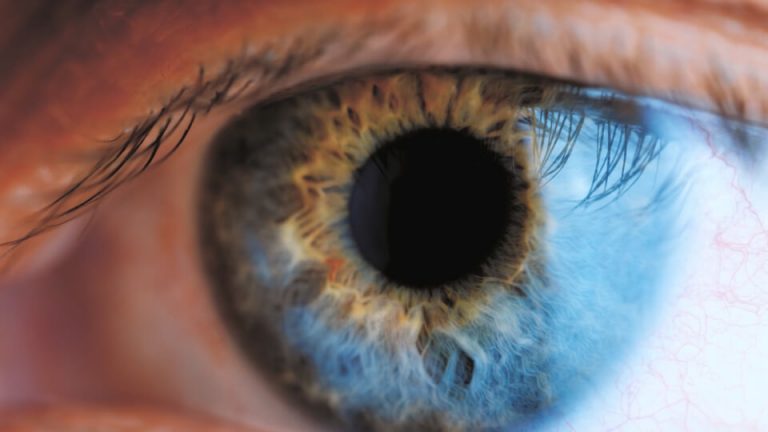Diabetic retinopathy information
What is diabetic retinopathy?
Diabetes leads to an increase in the blood sugar level. The increased blood sugar level can damage blood vessels throughout the body. This is particularly relevant in the small blood vessels of the eye, the kidney and surrounding nerves. In the eye, this damage can lead to leakage or bleeding from blood vessels or to blockage of blood vessels. Both of these can lead to loss of vision. This can be in the central vision or the peripheral vision. This usually happens slowly, however, if there is a large haemorrhage or blockage of a main retinal blood vessel, then vision loss can be sudden and severe.
How common is diabetic retinopathy?
Diabetic retinopathy is a common cause of loss of vision. Most people with diabetes are at risk of developing diabetic retinopathy. Usually this is in people who have had diabetes for longer periods, or those who have poor blood sugar control. People with diabetes are usually screened for diabetic retinopathy, as the condition is painless and often shows very minor symptoms in its initial stages.
What causes diabetic retinopathy?
High blood sugar leads to damage particularly to the cells supporting blood vessels. Damage to the blood vessels can be exaggerated by high blood pressure, high cholesterol levels and smoking. The blood vessels then leak fluid or blood, or block off completely. This can lead to the production of a chemical that can stimulate new, but abnormal, blood vessels to grow.
Diabetic retinopathy types
Non-proliferative Diabetic Retinopathy
Proliferative Diabetic Retinopathy
DR is usually divided into two types, non-proliferative diabetic retinopathy (NPDR) and proliferative diabetic retinopathy (PDR).
NPDR is usually the first stage of diabetic retinopathy. This is where the blood vessels leak fluid or blood. This can be throughout the retina, however, the most severe effects of this are at the macula, the main part of the retina responsible for fine detailed vision. This can cause a swelling called diabetic macular oedema (DME) with a subsequent loss of central vision.
PDR occurs when the blood vessels block off. Areas of the retina that don’t have any blood supply generate a chemical called Vascular Endothelial Growth Factor (VEGF). This chemical stimulates abnormal blood vessels to grow, at the optic nerve, in the peripheral retina, or even in the front of the eye. Complications of these blood vessels include bleeding, retinal contraction or detachment, or increased pressure in the eye.
Diabetes can also affect the bigger blood vessels of the eye causing blockages called branch retinal vein occlusion (BRVO) or central retinal vein occlusion (CRVO). These can lead to loss of large areas of vision.
Diabetic retinopathy diagnosis
How is diabetic retinopathy diagnosed?
Once diabetic retinopathy advances it can affect your vision and you will start to have symptoms of blur, distortion, or a loss of central or peripheral vision.
Your ophthalmologist at Northpoint Eye Care will undertake a comprehensive examination of your eye to determine if diabetic retinopathy is the main cause of your visual problem. This will include visual acuity testing, intraocular pressure testing, slit lamp examination, and assessment of the health of the retina, including detailed photographs.
The main method for imaging the macular is called optical coherence tomography (OCT). This is a non-invasive scan that gives a highly detailed cross-sectional image of the retina. The state-of-the-art OCT at Northpoint Eye Care can also give details of the blood vessels (angiography).
Some people will require fluorescein angiography. This is where a special dye is injected into a blood vessel in your arm, so that photographs can be taken to highlight areas of abnormal blood vessels. It can be very useful in determining the need for and the response to treatment.
Diabetic retinopathy treatment
How is diabetic retinopathy treated?
- Prevention and medical control
- Screening
- Intravitreal injections
- Laser
- Collaboration
Prevention and medical control
The main treatment for diabetes and diabetic retinopathy is to control your blood sugar level. You will also need to control your blood pressure, cholesterol as well as your other medical conditions. Smoking is a significant risk factor for diabetic retinopathy. We strongly advise you not to smoke, and encourage you to seek the help of your general practitioner to quit smoking. The Quitline national phone number is 13 78 48.
Screening
Early detection and treatment for diabetic retinopathy is important. Most people already diagnosed with diabetes should have regular checkups with their ophthalmologist or optometrist. Those with significant disease should regularly check their vision using the Amsler grid. Anyone suffering from symptoms of central visual blur or distortion, or loss of central vision needs to present an ophthalmologist at Northpoint Eye Care soon as possible. An ophthalmologist is available for emergency appointments Monday to Friday.
Intravitreal injections
Treatment is aimed at preventing the build-up of an abnormal chemical called VEGF (Vascular Endothelial Growth Factor). Anti-VEGF drugs bind to VEGF and cause regression of the new blood vessels, and a reduction in the blood and fluid at the macula. In most people of this will also improve vision.
Anti-VEGF medications are given via an injection into the eye called an intravitreal injection. This sounds and looks dramatic, however, most people tolerate this very well. Treatment is given initially every month, and then the frequency is reduced according on the response to the medication. Most patients require ongoing treatment to maintain their vision.
Steroid drugs are sometimes used in those who don’t respond to anti-VEGF treatment. This is usually delivered via intravitreal injection in the form of a liquid suspension or a small implant called Ozurdex.
Laser
Treatment of diabetic retinopathy may also involve laser photocoagulation. This may be to leaking areas of the macula or widespread laser photocoagulation to the peripheral retina, called pan-retinal photocoagulation or PRP. This is used to promote the regression of abnormal blood vessels that have formed in the eye.
Collaboration
Your general practitioner and endocrinologist are both invaluable in treating your AMD, be it optimising your diabetes and other medical conditions, to counselling you on this significant change to your life. Your optometrist is also invaluable providing prompt screening, diagnosis and communication with your ophthalmologist when needed, and also optimising your vision with spectacles or low vision aids.
Links
Share:
E-BOOKS
